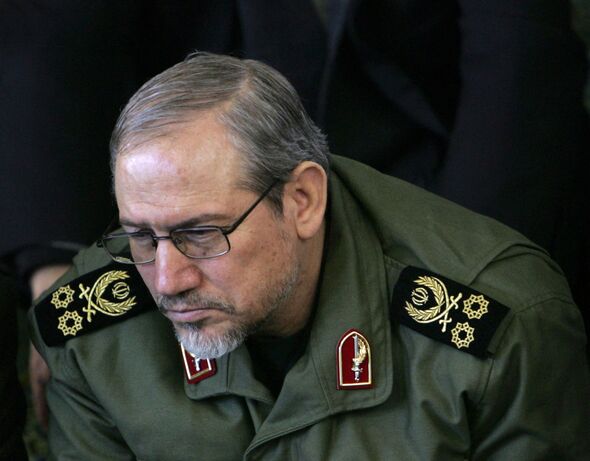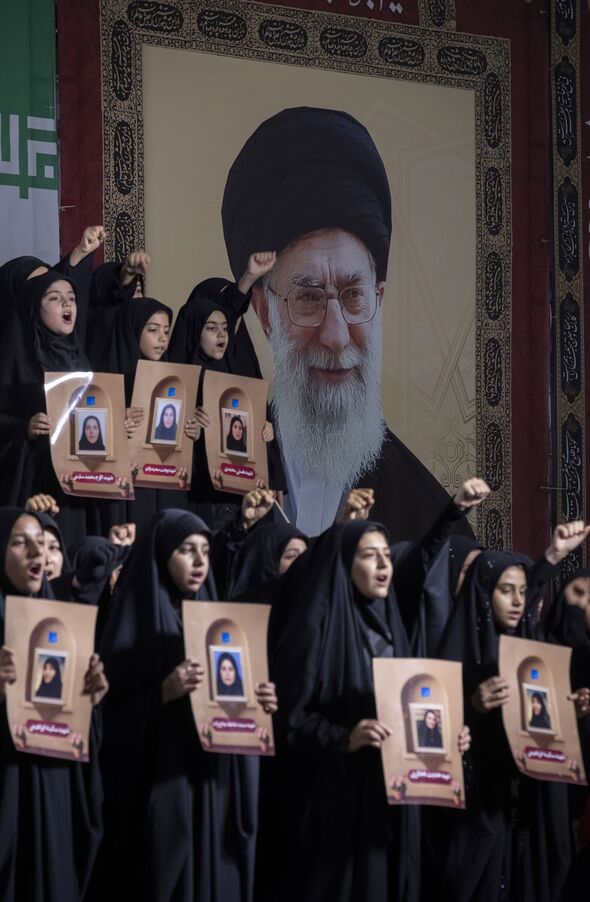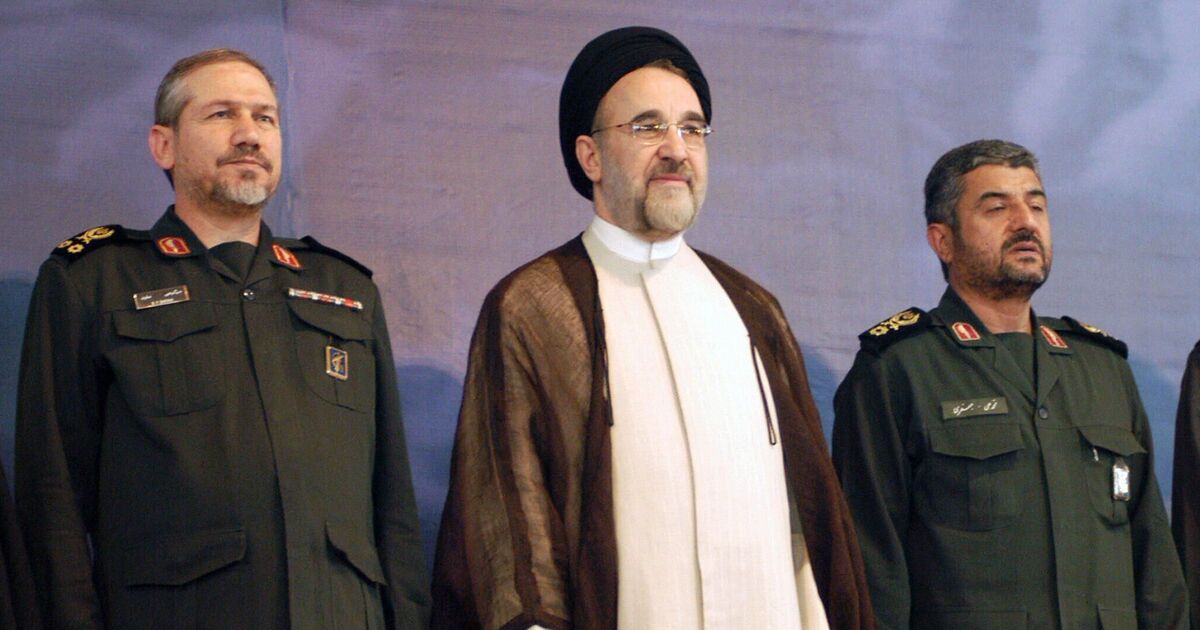A top-ranking official within the Islamic Revolutionary Guard Corps declared on Sunday that another conflict with Israel or the United States could erupt at any moment.
“We are not in a ceasefire, we are in a stage of war. No protocol, regulation or agreement has been written between us and the US or Israel,” Yahya Rahim Safavi, a senior military adviser to Iran’s Supreme Leader Ali Khamenei, told Iranian media.
Iran suffered a huge blow with the 12-day war with Israel, as the surprise attack took out a number of IRGC commanders, leaving Khamenei and his remaining agents to tighten their grip on the majority-Persian, but multiethnic, country.
“I think another war may happen, and after that, there may be no more wars,” he added, according to a translation by Iran International. “The Americans and the Zionists say they create peace through power; therefore, Iran must also become strong, because in the system of nature, the weak are trampled,” Safavi threatened.
“We must strengthen our diplomatic, media, missile, drone and cyber offensive strategy. We, the military, do scenario-planning, we see the worst case, and we prepare a plan for it.”
The 12-day clash between Israel and Iran commenced on June 13 with a shock Israeli strike.

The head of Iran’s Revolutionary Guards, General Yahya Rahim Safavi had a new threat (Image: AFP via Getty Images)
Israel claimed its comprehensive offensive against Iran’s leading military commanders, nuclear experts, uranium enrichment facilities, and ballistic missile capabilities was essential to stop the Islamic Republic from achieving its declared objective to annihilate the Jewish state. Iran has repeatedly denied pursuing nuclear weapons development.
Nevertheless, the nation has enriched uranium to concentrations lacking any civilian purpose, hindered international monitors from accessing its atomic facilities, and enhanced its missile arsenal. Israeli officials claimed Iran had recently advanced toward weaponization efforts.
Iran struck back against Israel’s attacks by firing more than 500 ballistic missiles and approximately 1,100 drones at Israeli territory.
The assaults resulted in 31 fatalities and over 3,000 injuries across Israel, based on reports from medical authorities and healthcare facilities. Israeli counterstrikes claimed 1,100 Iranian lives, including military commanders and IRGC personnel.
Overall, 36 missile strikes and one drone attack hit civilian areas, damaging 2,305 residences across 240 structures, plus two universities and a medical facility, while displacing more than 13,000 Israelis.
The conflict has triggered a severe crackdown by the IRGC regime, as authorities have accelerated executions of political detainees following Israeli strikes that eliminated several senior military leaders. Iranian security forces apprehended 21,000 suspects throughout the 12-day aerial conflict between Israel and Iran in June, according to state media reports released Tuesday.
State television cited police spokesman Gen. Saeed Montazeralmahdi, who indicated citizens reported these suspects to officials. “The arrest of 21,000 suspects during the 12-day war indicated high awareness and participation of people in providing security,” he stated.
Montazeralmahdi did not provide specifics on the charges the suspects might face. However, he noted that over 260 were suspected of espionage and an additional 172 were apprehended due to illegal filming. He also mentioned that police established more than 1,000 checkpoints across the nation during the conflict, which took place from June 13-24.
This marks the first instance of Iran’s police disclosing a total arrest count during the war. In recent weeks, Iran has sporadically reported on the arrests of individuals suspected of spying.
Since the end of June, Iran has executed seven men found guilty of spying for Israel, igniting concerns among activists about a potential surge in executions.

Iran regularly has state-sponsored protests where individuals are required to participate (Image: Getty)
Iran is also grappling with a severe water crisis, as photos have shown significant decreases in two of Tehran’s primary drinking water reservoirs and in Lake Urmia, once a flourishing inland sea.
Iranian President Masoud Pezeshkian has dismissed Israeli Prime Minister Benjamin Netanyahu’s offer to assist with Iran’s water crisis. Speaking on X, Pezeshkian pointed out that Israel has denied Palestinians access to water and food, questioning its trustworthiness.
“A regime that deprives people of Gaza from water and food says it will bring water to Iran? A MIRAGE, NOTHING MORE,” he declared.
During a Cabinet meeting in Tehran, Pezeshkian further criticized those who appear deceptive while falsely claiming compassion for the Iranian people. “First look at the difficult situation of Gaza and (their) defenseless people, especially children who are struggling … because of hunger, lack of access to potable water and medicine, because of a siege by the brutal regime.”
Netanyahu had reached out to Iranians via a video message on Tuesday, promising that Israel would help address Iran’s severe water shortages once the country is “free” from the current government, as reported by Israeli media, including The Jerusalem Post.
On Sunday, Pezeshkian expressed his frustration to a group of officials, stating, “we do not have water, we do not have water under our feet and we do not have water behind our dams, so you tell me what do we do? Someone comes and tells me what do I have to do?” He acknowledged that “we are in a serious and unimaginable crisis,” and revealed that his administration is consulting experts to find a solution to the problem. Experts attribute the crisis to years of drought and water mismanagement.
